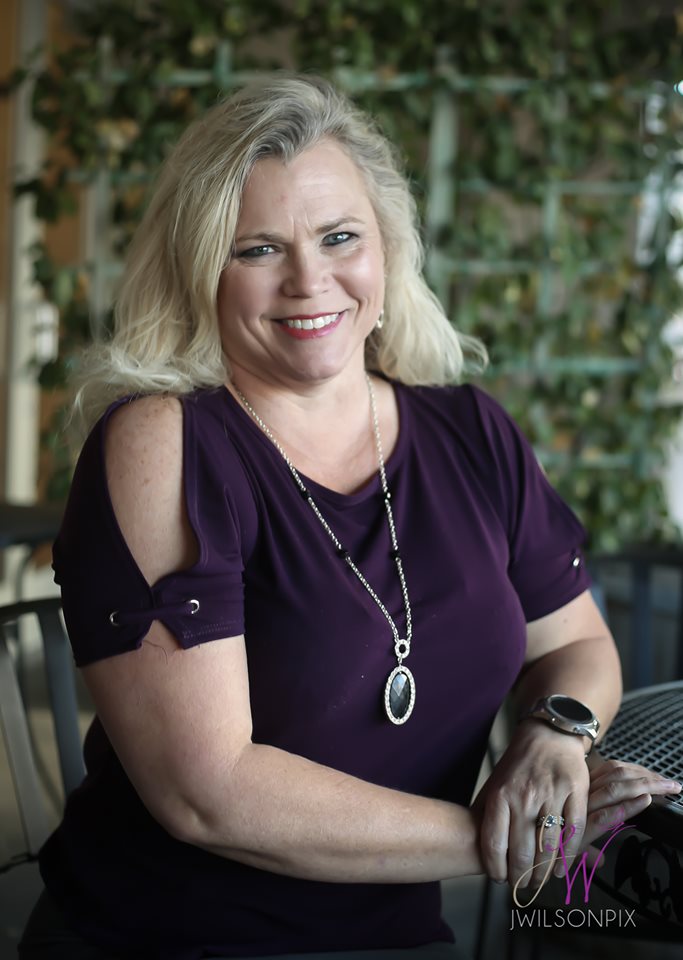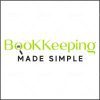Ha, trick question! It’s true though, sometimes spending funds does not equal an expense, and sometimes expenses are incurred without funds even being spent.
How does this magic happen? It’s all about the balance sheet.
This has been a hot issue for my clients lately, as we’ve been working to get their tax burdens reduced.
Expenses show up on the profit and loss. Makes sense, right? You spend money, it shows up, and reduces your profits (the “bottom line”). But what about depreciation expense? This is where many small businesses can save big on taxes.
And what about payments on loans? They’re expenses too, right? (Answer – nope!)
So let me explain a few common scenarios and see if I can make things clear as mud.
Let’s say a contractor buys a nice new truck. And, for easy math, let’s say that truck has a cost basis of $100,000. In other words, he paid $100,000 for the truck – that was his purchase price. When you hear us talk about cost basis, that’s what we mean. How much did you pay for it? So Mr. Contractor pays $100,000 for his truck. However, he takes out a loan for it. So now he has an asset with a cost basis of $100,000 and a loan, or liability, for $100,000 plus interest, but the interest will accrue over the life of the loan. Later I may go into amortization of loans but for now I will point out that we tend to pay a lot in interest early in the loan and less in interest as time goes on. Notice, though, that I haven’t said anything about expenses, yet.
So over time, Mr. Contractor is making payments on his loan. He may think, like a lot of people, that those payments are expenses. But I, the accountant, know that part of those payments will go to interest expense (see, there’s an expense here!) and part will go to pay back the loan, or to reduce his liabilities.
What about his asset?
As I’m putting in his loan payment, I will also add a monthly depreciation expense. I’m going to take that $100,000 and divide it up. There are a lot of ways to do that, and the IRS has requirements that are not GAAP, but basically I’m going to have the books reflect the depreciation of the truck over time and expense that. There’s no cash flow here, just time. As time goes on and the truck gets used, the value of the truck will drop. So we want that reflected in the books. Here’s where there can be an expense with no cash flow behind it. Depreciation can be a great strategy to use to reduce your tax burden.
Now, this will explain why I keep saying to discuss cash flows with your accountant, not just profits and losses. When you’re struggling a bit in your business, talk to your accountant. We can help.
Donna Harris holds a BSci in Accounting and is the owner of Bookkeeping Made Simple.

Donna Harris
Owner
Donna Harris, BSci Accounting, MBA, founded Bookkeeping Made Simple with the understanding that small businesses is the heart of the American economy. After offering to do books for a friend who said he didn't have enough work to keep someone in the office 20 hours a week, she recognized the need for an efficient, online system. She has 20 years of bookkeeping and accounting experience and is excited to help small business owners achieve their goals. She enjoys spending time with her family and traveling whenever possible. She also loves reading, hiking, camping, cooking, yoga, and fitness. A huge believer in lifelong education, she is currently working on her master's in Accounting.
